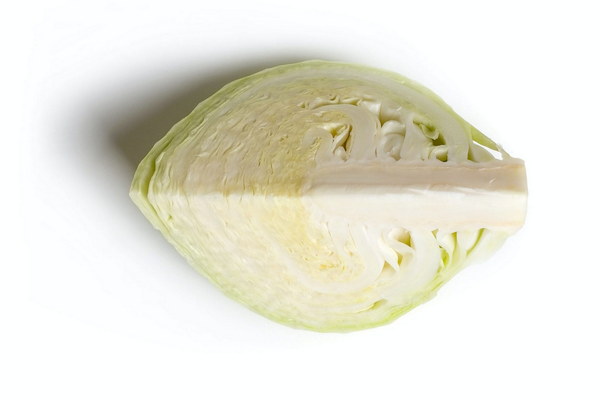Navigating the Journey How to Safeguard Your Liver at 30 with Fatty Liver Disease
Introduction:
At the age of 30, the concept of fatty liver disease might seem like a distant concern. However, the reality is that this condition is increasingly common, particularly in the Western world. For those dealing with fatty liver, taking proactive steps to safeguard their liver is crucial. This article will explore the importance of liver health, the risks associated with fatty liver disease, and practical strategies to maintain a healthy liver at 30.
1. Understanding Fatty Liver Disease
Fatty liver disease, also known as non-alcoholic fatty liver disease (NAFLD), is a condition where excess fat accumulates in the liver cells. While it is often harmless, if left untreated, it can lead to serious complications such as liver inflammation, fibrosis, and even cirrhosis. Here's what you need to know about fatty liver disease:
1.1 Risk Factors:
Several factors can increase the risk of developing fatty liver disease, including:
- Being overweight or obese
- High cholesterol levels
- High triglyceride levels
- Type 2 diabetes
- A family history of liver disease
- Age (more common in individuals over 40)
- Metabolic syndrome
1.2 Symptoms:
Fatty liver disease is typically asymptomatic, meaning that many individuals may not experience any symptoms. However, some common symptoms include:
- Fatigue
- Weight loss
- Loss of appetite
- Abdominal pain
- Jaundice
2. The Importance of Liver Health
The liver is a vital organ responsible for filtering toxins from the blood, producing bile to aid in digestion, and storing vitamins and minerals. Maintaining a healthy liver is essential for overall well-being. Here's why liver health is crucial:
2.1 Detoxification:
The liver plays a vital role in detoxifying the body by filtering out harmful substances, such as alcohol, drugs, and environmental toxins. A healthy liver ensures that these toxins are effectively removed from the bloodstream.
2.2 Metabolism:
The liver is involved in the metabolism of carbohydrates, proteins, and fats. A healthy liver ensures that these nutrients are properly utilized for energy and stored when needed.
2.3 Blood Clotting:
The liver produces clotting factors, which are essential for preventing excessive bleeding. A healthy liver ensures that blood clotting is maintained within a normal range.
3. Strategies to Safeguard Your Liver at 30
Now that you understand the risks and importance of liver health, here are some practical strategies to help you safeguard your liver at 30:
3.1 Maintain a Healthy Weight:
Losing weight, if you are overweight or obese, can significantly reduce the risk of fatty liver disease. Aim for a balanced diet that includes plenty of fruits, vegetables, lean proteins, and whole grains.
3.2 Exercise Regularly:
Regular physical activity helps maintain a healthy weight and improves overall liver function. Aim for at least 150 minutes of moderate-intensity aerobic exercise per week.
3.3 Monitor Your Diet:

Reduce your intake of processed foods, sugary drinks, and saturated fats. Instead, focus on a diet rich in fiber, antioxidants, and omega-3 fatty acids.
3.4 Limit Alcohol Consumption:
Excessive alcohol consumption is a significant risk factor for fatty liver disease. Limit your alcohol intake or consider avoiding it altogether.
3.5 Manage Diabetes and High Cholesterol:
If you have diabetes or high cholesterol, work with your healthcare provider to manage these conditions effectively. This may include medication, lifestyle changes, or both.
3.6 Stay Hydrated:
Drinking plenty of water helps flush out toxins from the liver and keeps it functioning optimally.
3.7 Regular Check-Ups:
Schedule regular check-ups with your healthcare provider to monitor your liver health and detect any potential issues early.
Conclusion:
At 30, taking proactive steps to safeguard your liver is crucial for long-term health. By understanding the risks associated with fatty liver disease and implementing a healthy lifestyle, you can significantly reduce your risk of developing this condition and maintain a healthy liver well into the future. Remember, a healthy liver is the foundation for a healthy life.









